On the Road in Israel: a Hebrew-English Dictionary for Visitors
So you’re off to Israel on a long-awaited holiday? Firstly, congratulations, you made a fine choice and, trust us, you’re going to love it. Secondly, a small tip. Whilst this is a country where many people (especially the younger generation) speak English fluently, and everyone connected with the tourist industry will be able to help you out, at least to some degree, it’s always useful to know a few phrases. And more than just being useful, you’ll see how appreciated your words are when you utter them - Israelis are proud of their Hebrew language (‘Ivrit’ as it is known), so if you go to the trouble of learning a few words and expressions, you’ll really reap the rewards!
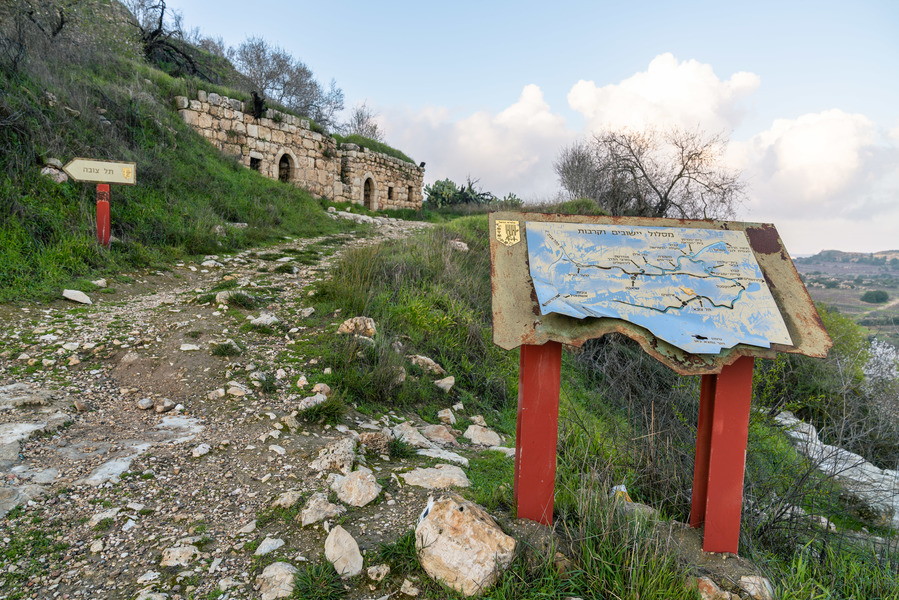
Hebrew signs in Judean Hills. Photo credit: © Dmitry Mishin
Before we start, a little about the history of modern Hebrew because it's actually a fascinating story. Something that really sets Israel apart from other nations is that it has a revived language as its national tongue and that is definitely thanks to Eliezer Ben Yehuda, a Lithuanian immigrant who was the driving force behind its ‘comeback’.
Taking the view that the Jews could not become a united people in their own land unless they had a modern language of their own, from the day he and his family arrived in Jaffa (in 1881) he insisted that they speak only Hebrew - a Hebrew that he was going to ‘recreate’ out of the ancient language of the Bible!
Ben Yehuda really took the construction of this new modern language seriously. He would not even respond to his children if they did not use the words he was constructing, even when they cried and told him they did not understand! This story is still recounted to every young school child in Israel. He coined all kinds of new words and even put together a dictionary, to promote the use of the language in the fields of journalism, science, and literature. Today, we see the fruits of his labor - Hebrew isn’t just a language of prayer, but a tongue heard on every street corner. What an achievement!
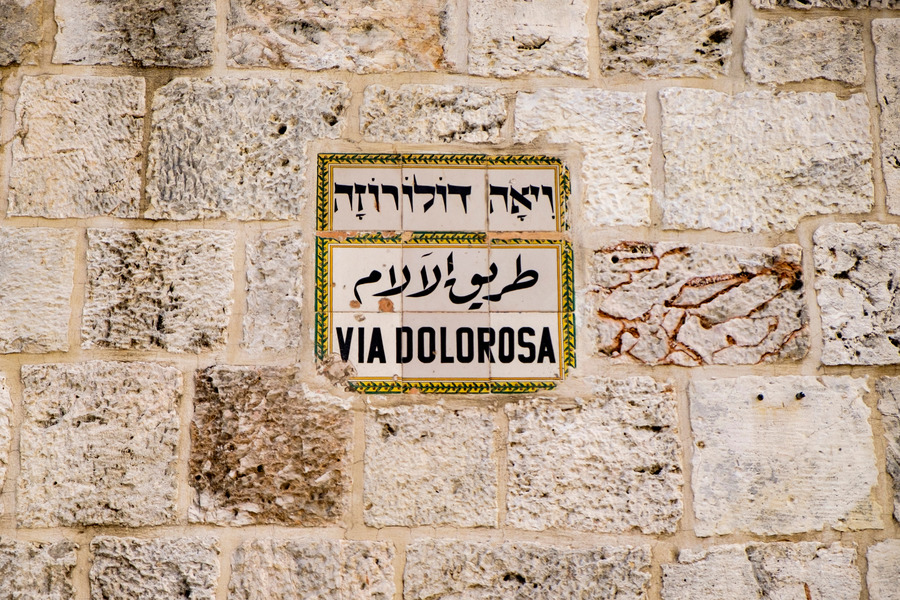
Street name sign in three languages in Jerusalem. Photo credit: © Shutterstock
Whilst Ben Yehuda clearly had to improvise in many instances (there were no cars or newspapers in biblical times!) you can trace the etymology (origin) of many words easily, as many are referred to in the Bible as geographical places. Jerusalem literally means ‘City of Peace’ (from ‘shalom’) and Jaffa (‘beautiful’) is derived from Japhfet, the name of one of Noah's sons' who built the city after the Flood.
Beit Shemesh (in the east) means ‘House of the Sun’ and Mitzpe Ramon (home to Israel’s astonishing crater, with its panoramic views) is ‘lookout’. Many spots are also named after water (‘Ein Gedi‘ means ‘ Spring of the Kid’) or named after species mentioned in the Bible (‘Ein Tamar’ means ‘Spring of the Date Palm’).
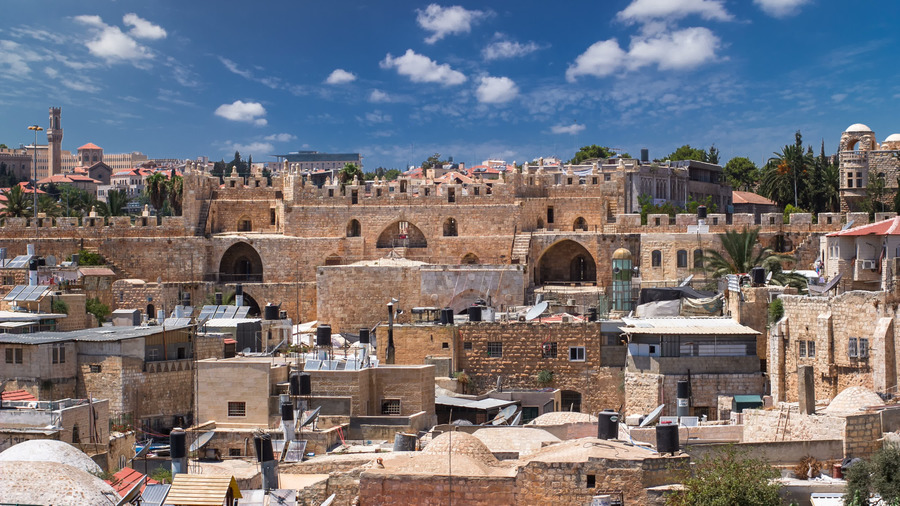
Jerusalem literally means "City of Peace" in Hebrew. Photo credit: © Shutterstock
But, for now, back to your trip. You’ll need, at the very least, some basic words and phrases whilst touring in Israel ... words like ‘shalom’ (hello, goodbye, and peace) ‘bevakasha’ (please) ‘todah’ (thank you) ‘lehitraot’ (goodbye) and ‘al lo davar’ (you’re welcome) are always helpful, as are phrases to do with how much something costs, where the bathroom is (always an essential!) and how to order something in a restaurant. Here, let’s take a look of this lovely video by Yaara, one of the sweetest Hebrew teachers on YouTube that we know, with her ‘25 top words’ to get you started.
Once you’ve mastered the basics, let’s go onto a few words and phrases that will really come in handy when you’re on a tour of the Dead Sea and Masada, discovering the capital's rich history with a City of David & Underground Jerusalem Tour, or thirsty whilst on a tour in the Golan Heights! ‘Mayim’ is a real essential - it means water and you should be drinking lots of it, especially if you’re here between May and October.
‘Glida’ is another favorite - it refers to ice cream and wherever you go in Israel you’ll see it for sale - especially in boutique parlors where you can find exotic Middle Eastern flavors, such as halvah, saffron, cardamom, and star anise.
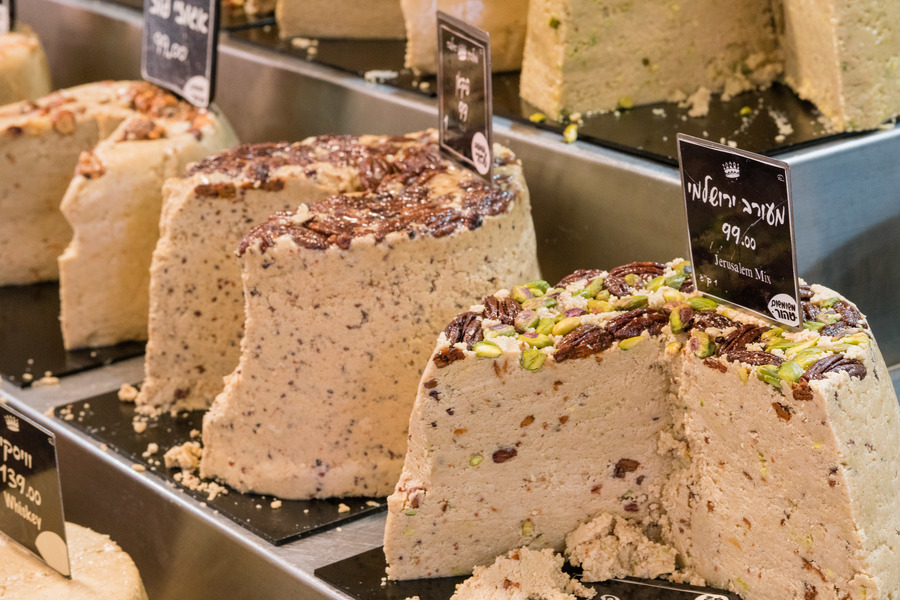
Sliced halvah cake ("ooga") at the Carmel market shop. Photo credit: © Dmitry Mishin
There’s also ‘yam’ - sea in Hebrew - and ‘tayelet’ - which means promenade (Israel’s beaches have beautiful promenades, perfect for strolling, with the Mediterranean Sea waves lapping nearby) before you head off to sample some Middle Eastern cuisine in a local ‘misadah’ (restaurant). Israel is famous for plenty of dishes besides the ubiquitous falafel (fried chickpea balls served in pita bread) and one word we’d really recommend not forgetting is ‘dag’ (which in Hebrew, means ‘fish’) - because the local catches are wonderful.
‘Salatim’ - salads - are also a fine choice and they come in all colors and flavors, using making use of local produce such as ‘hatzilim’ (eggplant) ‘rimonim’ (pomegranates) ‘gvina’ (cheese), and egozim (nuts). Don't forget to drizzle some ‘tahini over your food too - a sesame seed paste that’s delicious and nutritious and which is universally known here. And for dessert, try a couple of ‘sabras’ - they are the Israeli national fruit (spiky on the outside and sweet on the inside - just like the people of the country, as they say).
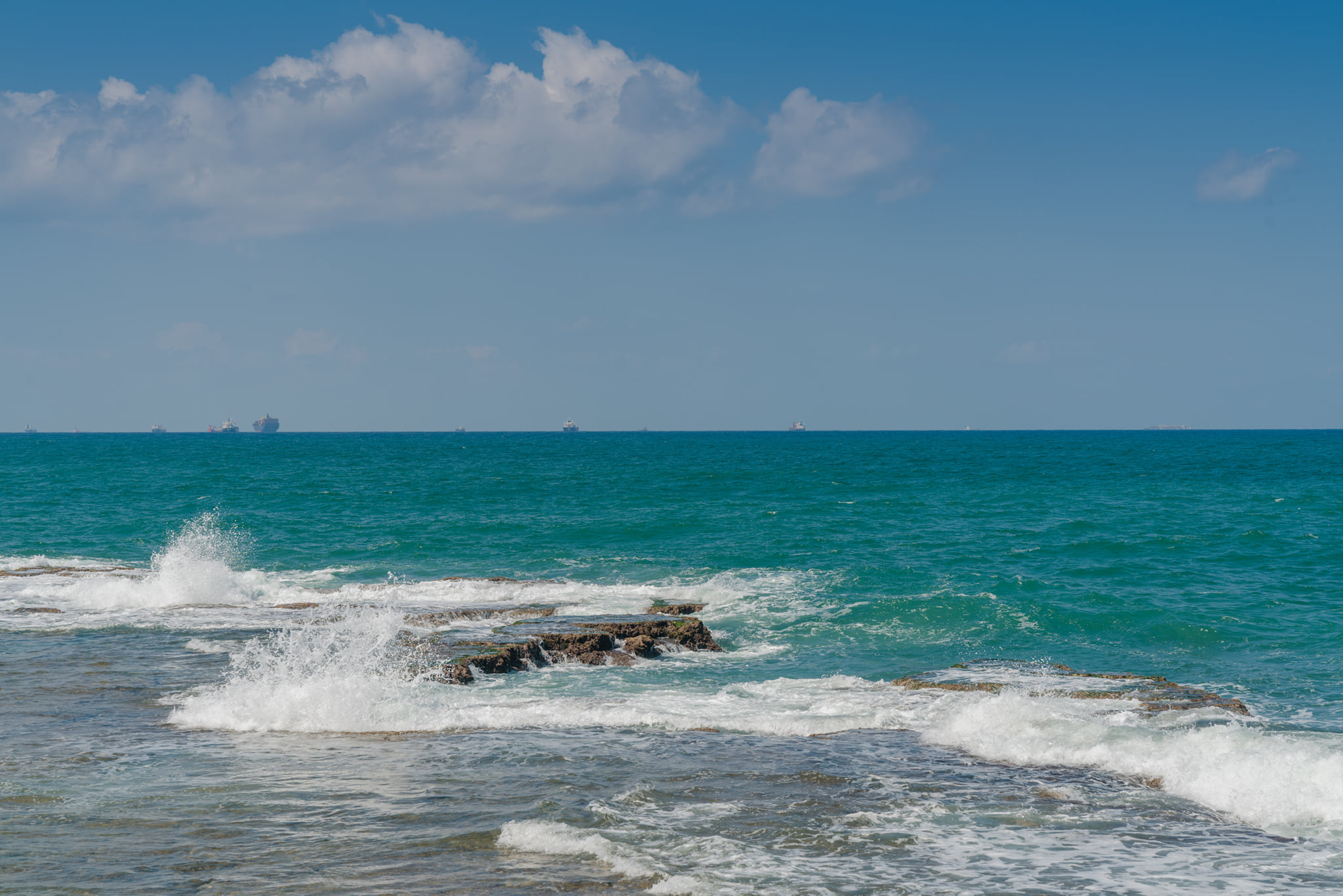
The sea ( ‘yam’) in Acre, Israel. Photo credit: © Dmitry Mishin
A few more words for good measure: ‘Tiyul’ means ‘trip, ‘haaretz’ means ‘the land or Israel’ and ‘madrich / madricha’ are your tour guides (depending on whether they are male or female). So once you’ve got the hang of these words, why not try them out on your ‘siyurim madrichim baaretz’ - guided tours in Israel.
Fun fact: Israel is a nation of polyglots, and it’s quite likely that your tour guide will speak more than just Hebrew and English (many Israelis grow up in homes where Arabic, Turkish, French, Spanish, and even Yiddish are spoken!)
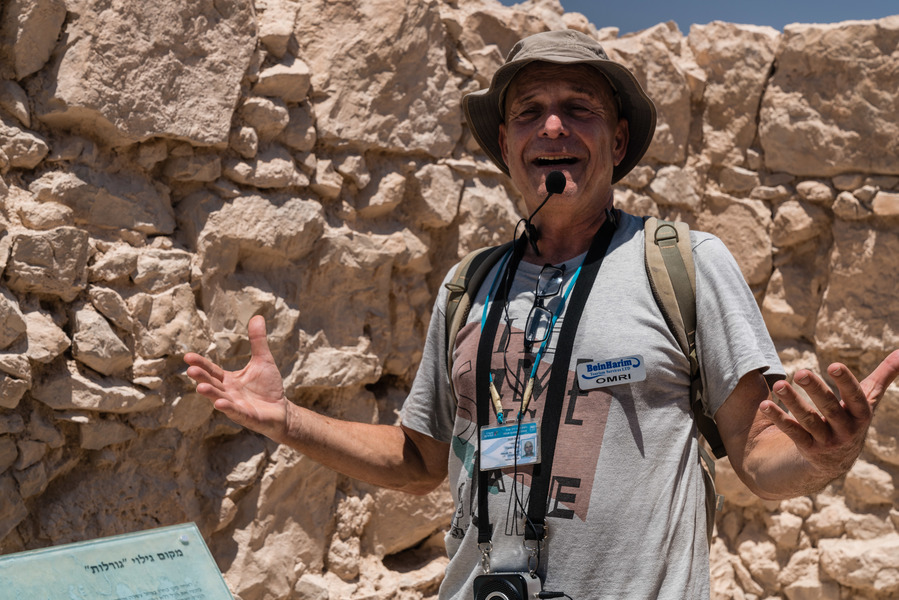
Bein Harim guide on an tour to Masada. Photo credit: © Dmitry Mishin
For anyone whose Hebrew is a bit better than basic, we’d really recommend listening to ‘Streetwise Hebrew’ by Guy Sharett. What makes this podcast really special is that Guy takes an innovative approach to learn words and phrases, by using Israeli music (old songs and new), graffiti, and a bit of slang too!
Fun fact: Guy’s native tongue is Hebrew, but apart from being fluent in English, he is also familiar with Arabic, Aramaic, Latin, Italian, Dutch, and Indonesian. This podcast is so much fun that you might even be tempted to learn more Hebrew once you’re back home. Go on - have a listen! After learning Hebrew with this original technique, you might also be interested in a Tel Aviv graffiti and street art tour which is certainly a must for all contemporary art lovers.
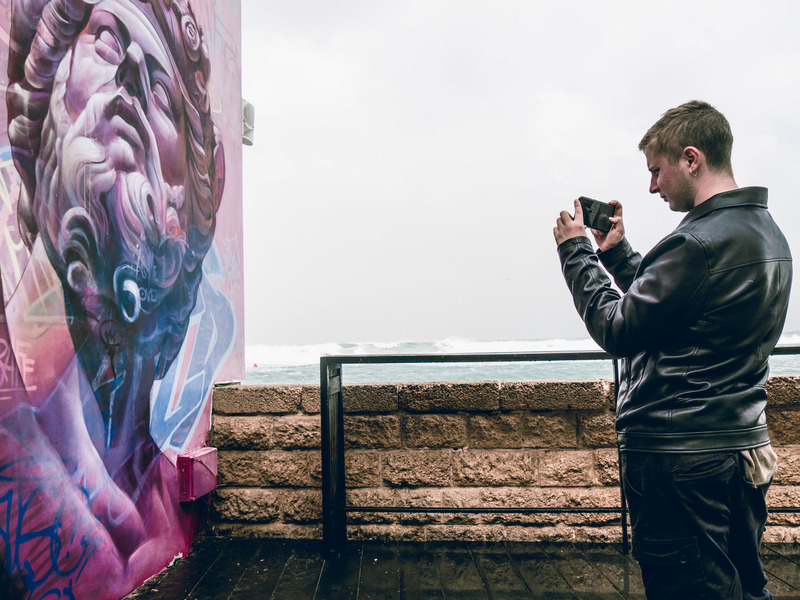
Tourist taking pictures of Tel Aviv graffiti. Photo credit: © Dmitry Mishin
And how could we talk about Hebrew words without throwing in a few phrases for when you’re in the local markets, looking for unusual foods, local crafts, and souvenirs for your friends back home. The ‘shuk’ (‘market’ in Hebrew) is a central feature of any town or city and is a must-visit, and if you take a tour you’ll get a lot of history thrown in for good measure.
Jerusalem has the fabled Mahane Yehuda, Tel Aviv has the Carmel market, Jaffa has the vintage ‘Shuk Hapishpishim’ (Jaffa flea market, an organized tour recommended), and the Crusader city of Acre has a vibrant Old City market. In all of them, you can wander for hours, and soak up the exotic atmosphere, better with a guided market tour.
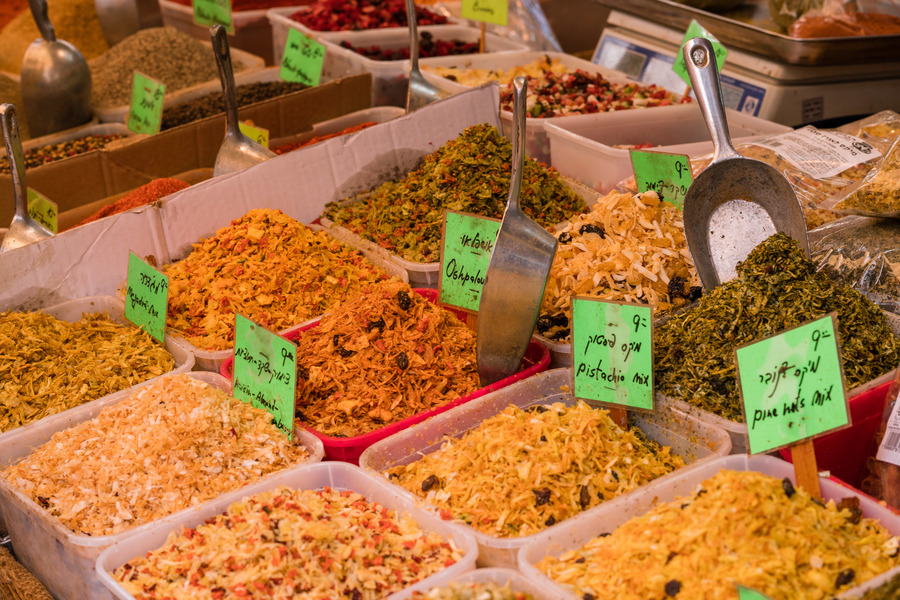
Spice stall at Tel Aviv's Carmel Market. Photo credit: © Dmitry Mishin
In terms of what to buy, you’re completely spoilt for choice - spices are always a good choice, not to mention halva, Medjool dates, and Dead Sea mud packs for your face, which are guaranteed to leave your skin invigorated. There are also all kinds of religious artifacts on offer - Judaica (menorahs and Hannukiahs, for placing candles), Shabbat tablecloths and silver mezuzahs (which religious Jews affix to their doorposts) and, for pilgrims on Christian tours of Israel olive wood crucifixes, rosary beads, and even bottles of water from the Jordan River, where Jesus was baptized by John the Baptist.
Vintage posters from the 1920s, depicting travel to the Holy Land, Armenian pottery, and olive oil are also fun buys. And the good news is that in these markets, you can always haggle (it’s actually expected). So, for starters, try: “Kama ze oleh?” That’s “What’s the cost?” in Hebrew, and is always a good opening gambit. With any luck, you’ll grab yourself a bargain as well as improving your vocabulary. Enjoy your trip to Israel and, as we say in Hebrew, “B'hatzlacha!” (“Good luck!”)
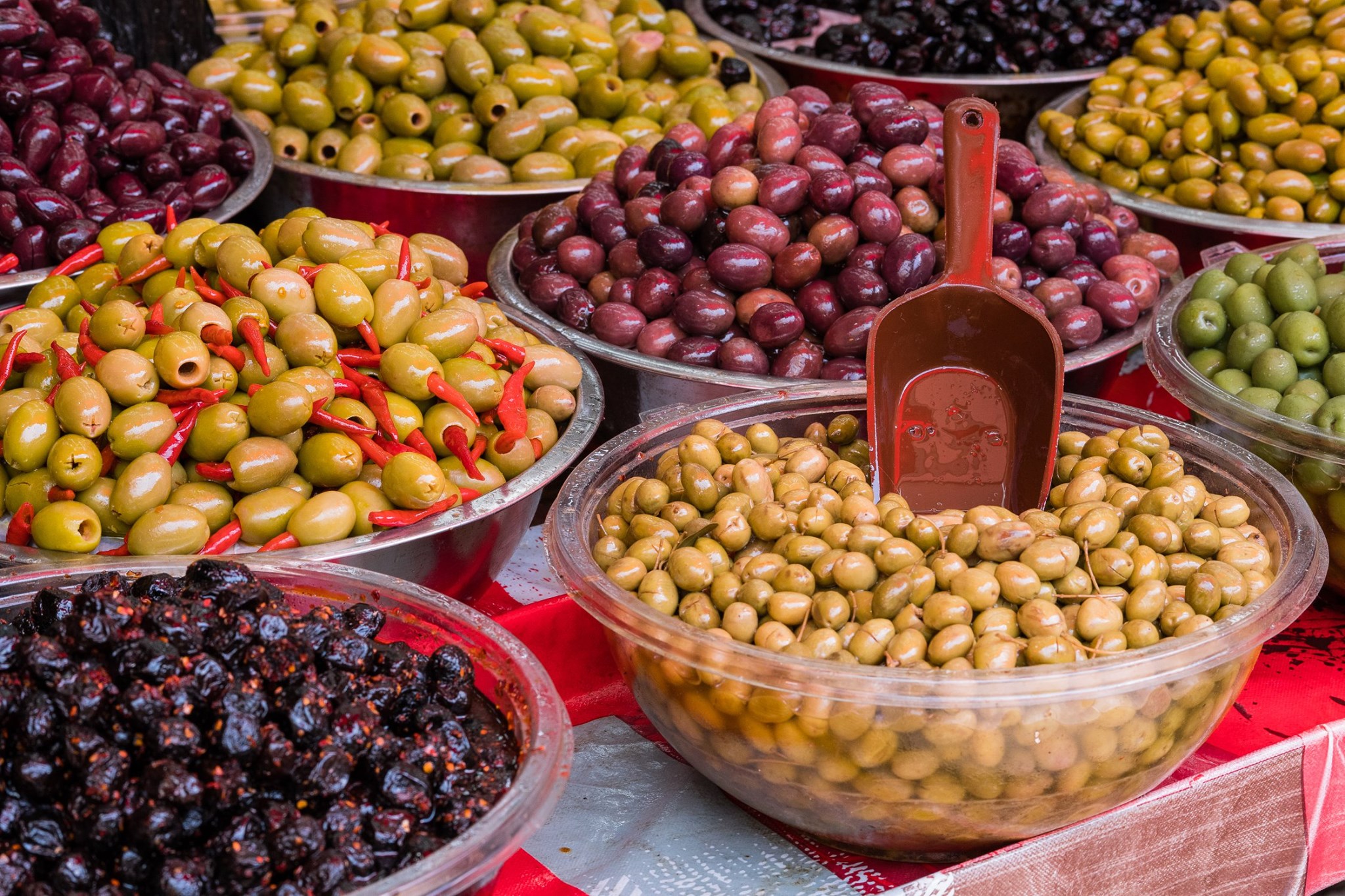
Olives stall at Tel Aviv's Carmel Market. Photo credit: © Dmitry Mishin
 Login / Register
Login / Register
 Contact Us
Contact Us
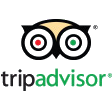 Certificate of Excellence
Certificate of Excellence Guaranteed Departure
Guaranteed Departure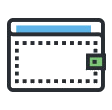 Low Prices Guaranteed
Low Prices Guaranteed 24/7 Support
24/7 Support




